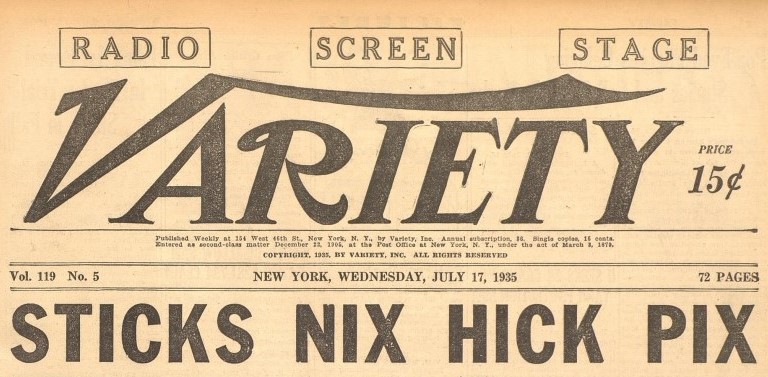Albert Einstein? Apocryphal?

Question for Quote Investigator: Albert Einstein once spoke about his ideals which apparently included goodness, beauty, and truth. Would you please help me to find a citation?
Reply from Quote Investigator: In 1930 the journal “Forum and Century” published a philosophical article by Albert Einstein titled “What I Believe”. Boldface added to excerpts by QI:11
To ponder interminably over the reason for one’s own existence or the meaning of life in general seems to me, from an objective point of view, to be sheer folly. And yet everyone holds certain ideals by which he guides his aspiration and his judgment.
The ideals which have always shone before me and filled me with the joy of living are goodness, beauty, and truth. To make a goal of comfort or happiness has never appealed to me; a system of ethics built on this basis would be sufficient only for a herd of cattle.
Below are additional selected citations in chronological order.
Continue reading “Quote Origin: The Ideals Which Have Always Shone Before Me and Filled Me With the Joy of Living Are Goodness, Beauty, and Truth”







